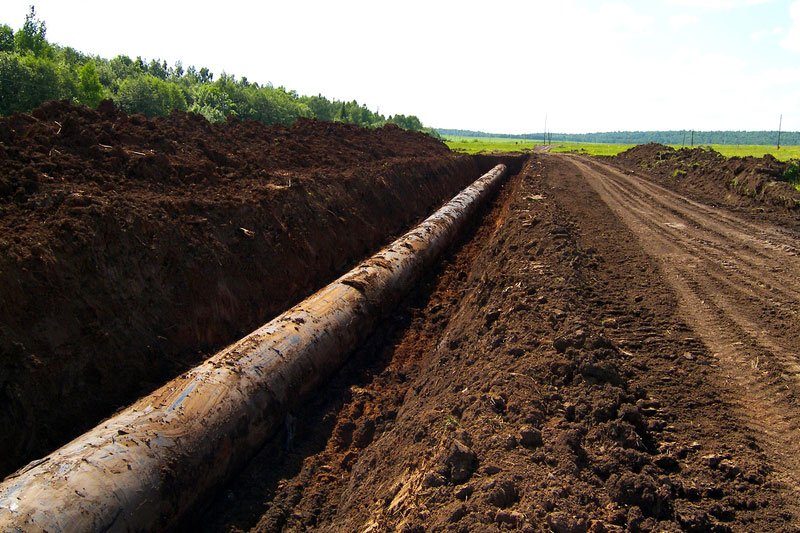By Maria Gallucci - The long and bitterly contested attempt to build the Keystone XL pipeline from Canada to the Gulf of Mexico just received another setback.
A certificate allowing TransCanada Corporation (TO:TRP) to construct the pipeline through South Dakota lapsed over the weekend, meaning the company will have to reapply for permitting. The process is sure to draw fierce opposition from environmental groups that argue the project will endanger water supplies and exacerbate global warming, as well as landowners who object to construction on their property.
South Dakota’s Public Utilities Commission approved the project on June 29, 2010, by issuing a certificate that placed certain conditions on the project. Four years later, TransCanada will have to prove that it can still meet those conditions.
An evidentiary hearing will be held once TransCanada applies to recertify, Gary Hanson, chairman of the South Dakota utility regulator, told the Financial Post. “I would anticipate that there will be challenges … by a number of organizations and possibly citizens.”

TransCanada spokesman Davis Sheremeta told the publication in an email that the company is “waiting to determine exactly what will be required by the South Dakota PUC” before it reapplies for certification. “We are pulling everything together and will submit our recertification in due course.”
The Keystone XL pipeline would carry tar sands crude oil over 1,700 miles, starting in Canada’s Alberta province and ending at refineries in Texas. TransCanada completed the pipeline’s southern leg, a 487-mile stretch from Cushing, Oklahoma, to Nederland, Texas, earlier this year, and oil is already flowing from the $2.3 billion segment.

But the Alberta-to-Nebraska component remains mired in legal and permitting challenges. Since the northern leg crosses an international border, the U.S. State Department must approve it, although President Barack Obama is expected to make the final call. The Obama administration says further review is still needed to determine the full scope of the pipeline’s environmental and economic impacts. And in April, it said it would delay a decision on the Keystone XL until a legal fight is resolved in Nebraska.
A state district court in February invalidated the pipeline’s route through Nebraska, striking down a state law that would have let TransCanada and Gov. Dave Heineman avoid regulators in locating a 300-mile segment in Nebraska. The state attorney general is appealing the judge’s ruling.
